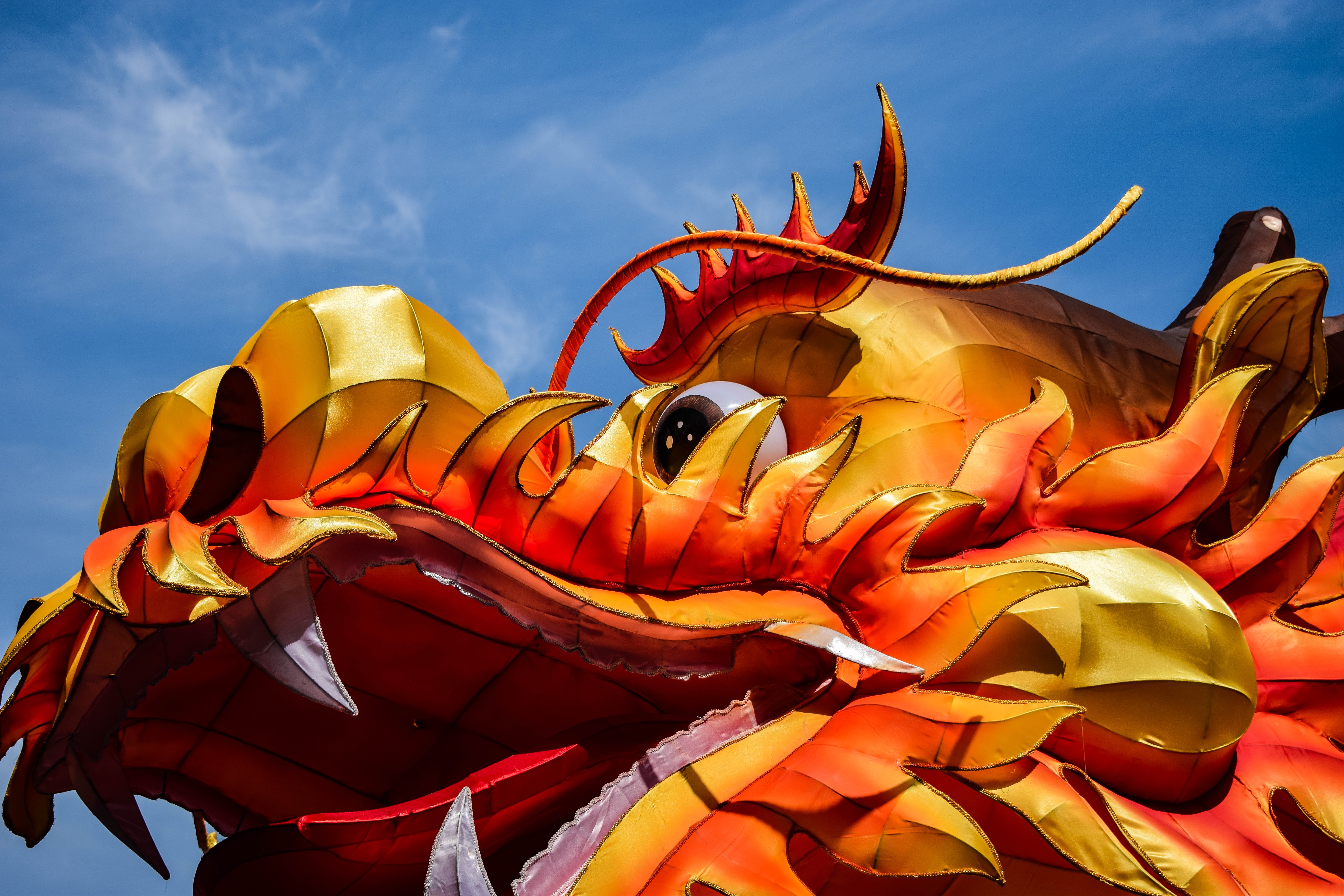
Discovering Chinese sale festival
Throughout the year, Chinese calendar is punctuated by multiple festivals. These either traditional or modern cultural practices shape the consumption and habits of the population. Holidays offer occasions to go out, to share presents and to enjoy various activities.
Therefore, merchants take advantage of those periods of the year to increase their revenue. They implement numerous marketing tools to attract Chinese consumers. Yet, ecommerce platforms went deeper by creating their own festivals, which are dedicated to consumption. In few years, these brand-new events grew unexpectedly.
From a historical festival to a commercial celebration
Nowadays, many festivals can be seen as commercial opportunities in China. The most emblematic holiday is indubitably the New Year. It takes place in late January or early February, depending on the traditional calendar. Chinese people usually visit their family for many days and offer presents. Such as Christmas in the West, merchants need to thoroughly prepare this festival.
Recently, Chinese ecommerce leaders created from scratch their own “festival” or “carnival”. Alibaba Group, which possesses Taobao and Tmall platforms, was the first to launch this trend. In 2009, he inaugurated the “double 11” also called “11.11” or “November 11th”, a 24 hours massive promotion event. Also referred as “Single’s Day” – because of the four 1 standing alone – this day was previously celebrated by bachelors. From now on, Alibaba repeats this operation every year, generating each time more and more profit. For the 2017 edition, it claimed a result of 168 billion RMB (25,3 billion USD). Amassed in only 24 hours, this amount represents a rise by 39% compared to 2016.
Other ecommerce platforms also threw their own promotion for Single’s Day, so as to compete with Alibaba. Traditional commerce also takes part in this “sale carnival”. Many shopping malls and mortar shops lower their price for this occasion. Moreover, several other ecommerce platforms also created their holiday. Major Alibaba rival, Jingdong, organizes “618”, a promotional event from June 1st to 18th. For the 2018 edition, the group said its turnover reached 127,5 billion RMB (19,8 billion USD).
An efficient commercial strategy
Those marketing operations have multiple benefits. They permit to sell remaining stocks and reveal new products. However, the turnover generated by these events exceeds by far western sales outcomes. In 2017, Alibaba claimed that its Double 11 results were three times superior to the United States’ Black Friday and Cyber Monday.
The size of the Chinese market and the growth of the purchasing power help to explain this success. Alibaba also attracts consumers thanks to a communication campaign whose goal is to make consumption a festive activity. The day before 11.11 2017, an opening gala welcomed on stage Pharell Williams and Nicole Kidman. She introduced a short film, whose hero was Alibaba founder Jack Ma, defeating Asian martial arts celebrities. In addition, consumers were invited to use a mobile app to gain discount during the holiday. They could also try on clothes thanks to virtual reality in pop-up stores. Alibaba thereby aims to evolve toward new retail, by mixing retail with entertainment and online purchases with offline ones.
Jingdong also wishes to make 618 a national consumption holiday for any type of commerce. Therefore, sales festivals are not only dedicated to ecommerce. More and more holidays contain commercial connotations. For instance, Children’s Day on June 1st is leveraged to sell toys. On 520 (April 20th) for Lovers’ Day, promotions similar to Valentine’s Day are set up.
A need for upstream preparation
All those commercial opportunities imply to face numerous challenges, especially in terms of organization. Consumers usually prepare for days or even for weeks their shopping cart before the D day. Consequently, it is necessary to publicize discounts beforehand. It is also essential to master Chinese culture and social networks to avoid false moves. For example, it is not rare for merchants to suffer from online criticism during the International Women’s Day, because they mostly make discounts on makeup and household products. This promotion can be seen as sexist and can damage the brand image.
Besides, due to Chinese consumers wish to receive their products as fast as possible, organization and supply can be real challenges. Yet, nothing is impossible with a through preparation. In June 2017, Jingdong organized the Super Canadian Day in partnership with Canadian seafood producers. The platform managed to sell 140 000 lobsters in 24 hours and to deliver them alive in 48 hours. This event needed a strong organization, especially concerning the cold chain.
Thus, taking part in sales festivals can seem arduous. Nevertheless, it allows to efficiently reach the Chinese market.
To learn more about sales festival preparation in China, feel free to contact us on the following mail address: info@shuo-digital.com.